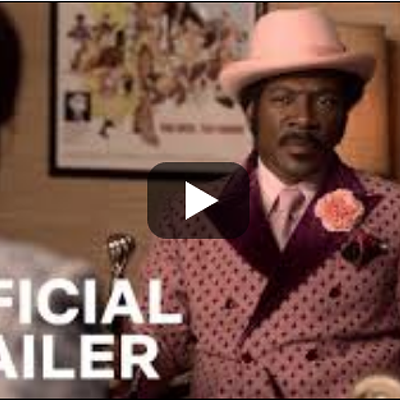Well, it's not clearly mainstream, nor is it the funniest film ever made (that would be Scarface), but Ivan's son Jason Reitman's first feature, Thank You for Smoking, has enough positive points to make it passably acceptable.
Aaron Eckhart, one of America's most underrated and underutilized leading men, stars as Nick Naylor, spin doctor for the tobacco industry. He loves his job, reveling in the fundamentals of argumentative fallacy and the joys of promoting a product that is, as he says, "cool, available and addictive."
However, in spite of being big tobacco's Leni Riefenstahl, Nick has problems. He's divorced, and his ex-wife is training his son to do the one thing that his father has sworn never to do: behave in honest good faith. Worse yet, his son is played by Cameron Bright, who is now officially America's most overexposed 12-year-old.
The spin on Thank You for Smoking has been that it's an edgy, politically incorrect comedy. However, so much of the film is dedicated to the relationship between Nick and his son that it's hard for the film to maintain its cred. In fact, it's not politically incorrect at all. It's fake politically incorrect. Yes: It's a fake edgy comedy. Or it's edgy comedy with a high cute-kid quotient. In other words, it's a film about a spin doctor that spins itself as a mean-spirited film about spin and then spins the other way and becomes a heartwarming comedy. It's a warmedy in wolf's clothing.
Whatever. It still has its good points; it just isn't as good or mean as it should have been. When its heart is in the wrong place, though, it pulls off some effective cruelty, and really hints at the nastiness it could have unleashed if it hadn't been restrained by the Hollywood Hand of Happy Endings.
Some of the best material occurs in the clever use of costuming and set design to convey the phoniness and immorality of power. For example, in the private clubs where the moguls of the industries of death meet, all the members are white and elderly, and all the servants are black men in orange suits.
And Rob Lowe is great as a Hollywood agent who lives in a world of faux-Asian design where he cooks up plans to get more actors to smoke on screen. And yet, in the middle of this commentary on the ability of all aspects of culture to be bought by the highest bidder, there's an excessive amount of product placement.
Something just seems wrong when a movie that's making fun of manipulation keeps sticking Coke cans on screen in an oh-so-casual manner. But maybe I'm being too picky: If you look past the cute kid and the Coke cans, and work around the unfunny scenes of love and tenderness, there's lots of good stuff here. Easily 45 percent of this film is excellent.
Like, there's Katie Holmes as an evil reporter who sleeps with Nick in order to get the inside scoop on his dastardly doings. To be fair, Ms. Holmes is terrible in the role. But the subplot has its funny moments.
And there's William H. Macy, one of my favorite actors, kind of phoning it in here as Vermont Sen. Ortolan Finistirre. While Macy is not at his best in this broadly comedic role (he's actually a much better dramatic actor), he does get some choice lines, like, "The great state of Vermont will not apologize for its cheese!"
Nor should it. Much of the dialogue is good, and when Eckhart is speaking, it's mesmerizing. This is really his movie; whatever's been done to warm it up and sell it out and dumb it down, Eckhart clearly doesn't care. His character has a special kind of evil. Not only can he convince a dying child to have another smoke; he's convinced himself that what he does is right.
And yet, to do this, he had to understand how wrong it is. This comes across beautifully in Eckhart's acting. He doesn't seem conflicted: He seems as though he's defeated himself and is reveling in the victory. It's a complex and powerful performance, and because it reeks of immorality, it's exactly the kind of acting that never wins awards.
But it should. While there's some good dialogue and some clever art direction, Eckhart is the one overriding reason to see this film, and I hope at the very least that casting directors everywhere get a sense of his skill and stick him in more lead roles.













